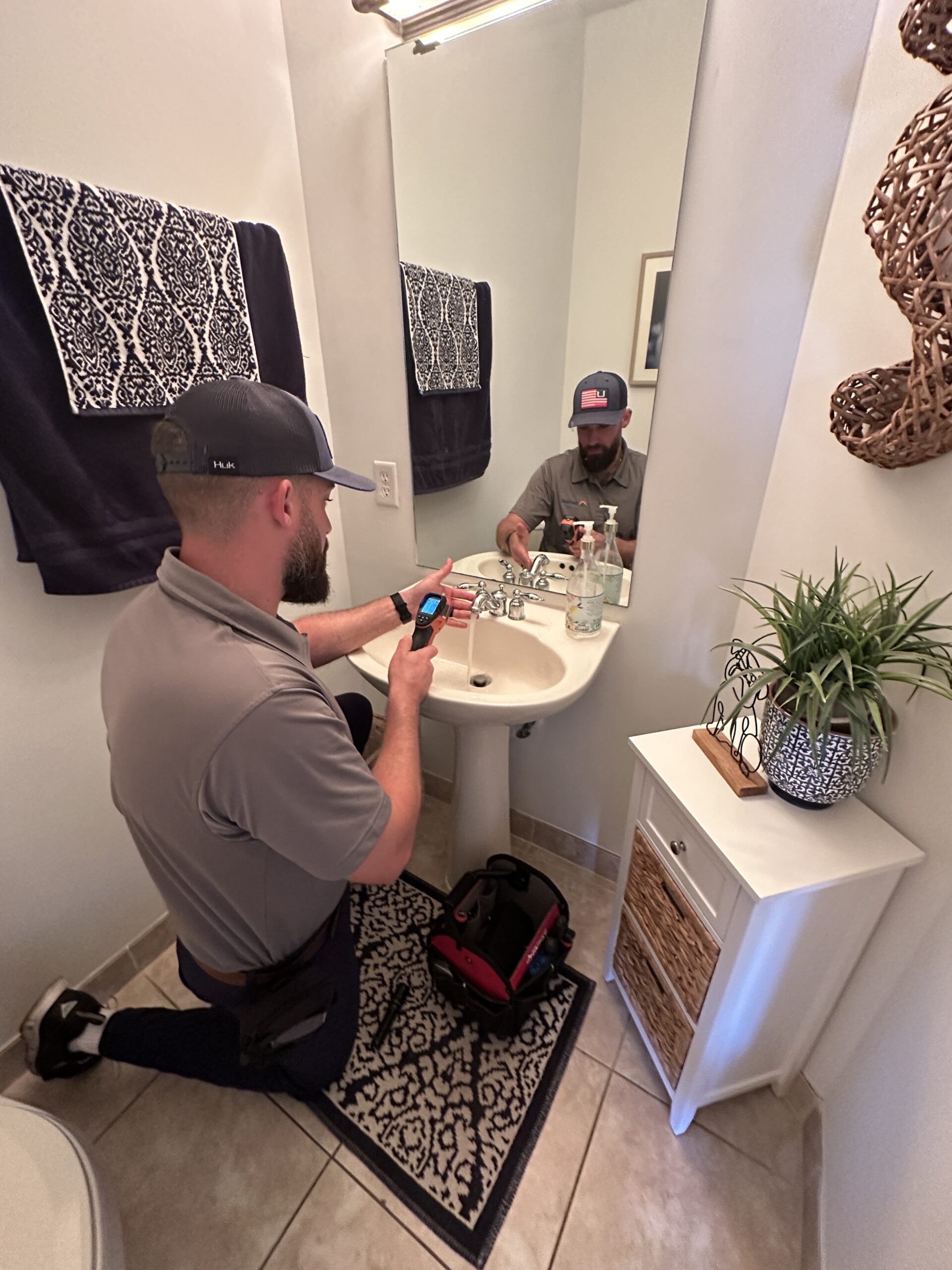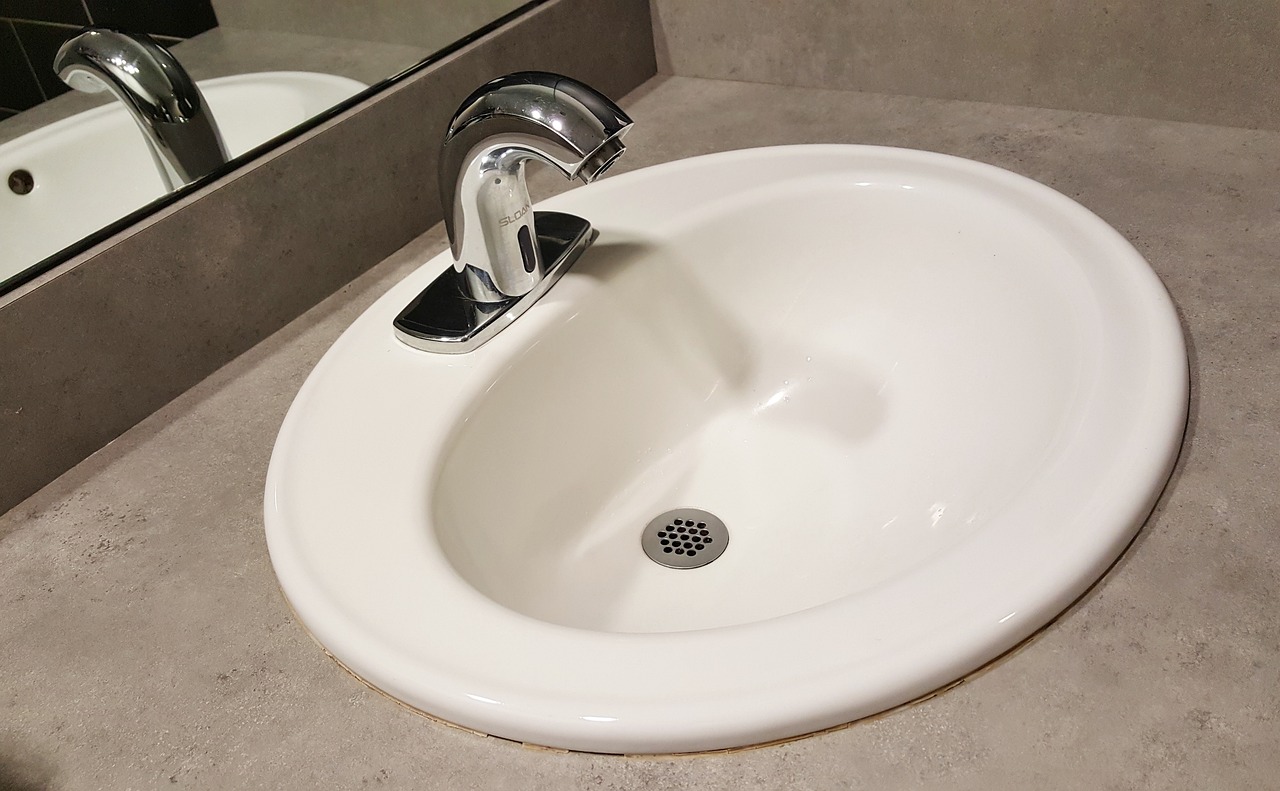What is a Plumbing Inspection?
Schedule Your Professional Home Inspection
Schedule an inspection online and wait for your confirmation email.
Meet Your Professional Inspector
Your inspection will be performed by a professional and licensed inspector.
Review Your Home Inspection Report
We will send your report within 24 hours of the inspection.
It is important to understand the various characteristics of a home’s plumbing system. Water damage is one of the most common causes of damage within a home and can be disastrous at times. A licensed and qualified Home Inspector will conduct a visual inspection of various plumbing components while testing them where applicable. The following items may be checked during a home or condominium inspection:
1. Water pressure: The inspector will check the water pressure at various locations in the home to ensure that it is adequate and consistent. Low water pressure can indicate a blockage or other issue in the plumbing system.
2. Leaks: The inspector will check for any visible signs of leaks, such as water stains or moisture, as well as signs of past leaks that may be a sign of water damage or mold. They may also use a moisture meter or thermal camera to detect hidden leaks.
3. Drainage: The inspector will check the drainage system where visible to ensure that it is working properly and that there are no clogs or blockages that could lead to backups or overflows. Oftentimes a sewer scope (camera) will be required to see deep into the drainage system.
4. Water heater: The inspector will inspect the water heater to ensure that it is functioning properly and that there are no leaks or other issues. The age of the water heater will also be noted and commented upon if needed.
5. Pipes and fixtures: The inspector will inspect the pipes and fixtures throughout the home to ensure that they are in good condition and functioning properly. They may also check for signs of corrosion, rust, or other damage that could indicate potential problems. Not all areas of plumbing are visible, especially if they are in the walls or under the foundation.
6. Ventilation: The inspector will check to ensure that plumbing fixtures and appliances are properly vented to prevent the buildup of harmful gases, such as carbon monoxide.
Overall, a thorough plumbing inspection will involve a detailed examination of the entire plumbing system, including the supply and drainage systems, as well as any related fixtures and appliances. It is important to know that a licensed plumber may be recommended for items that need to be fixed or replaced. If the Home Inspector is unsure of any plumbing deficiency, rest assured that the Home inspector will recommend the proper licensed specialist to further assess the situation.




.png)